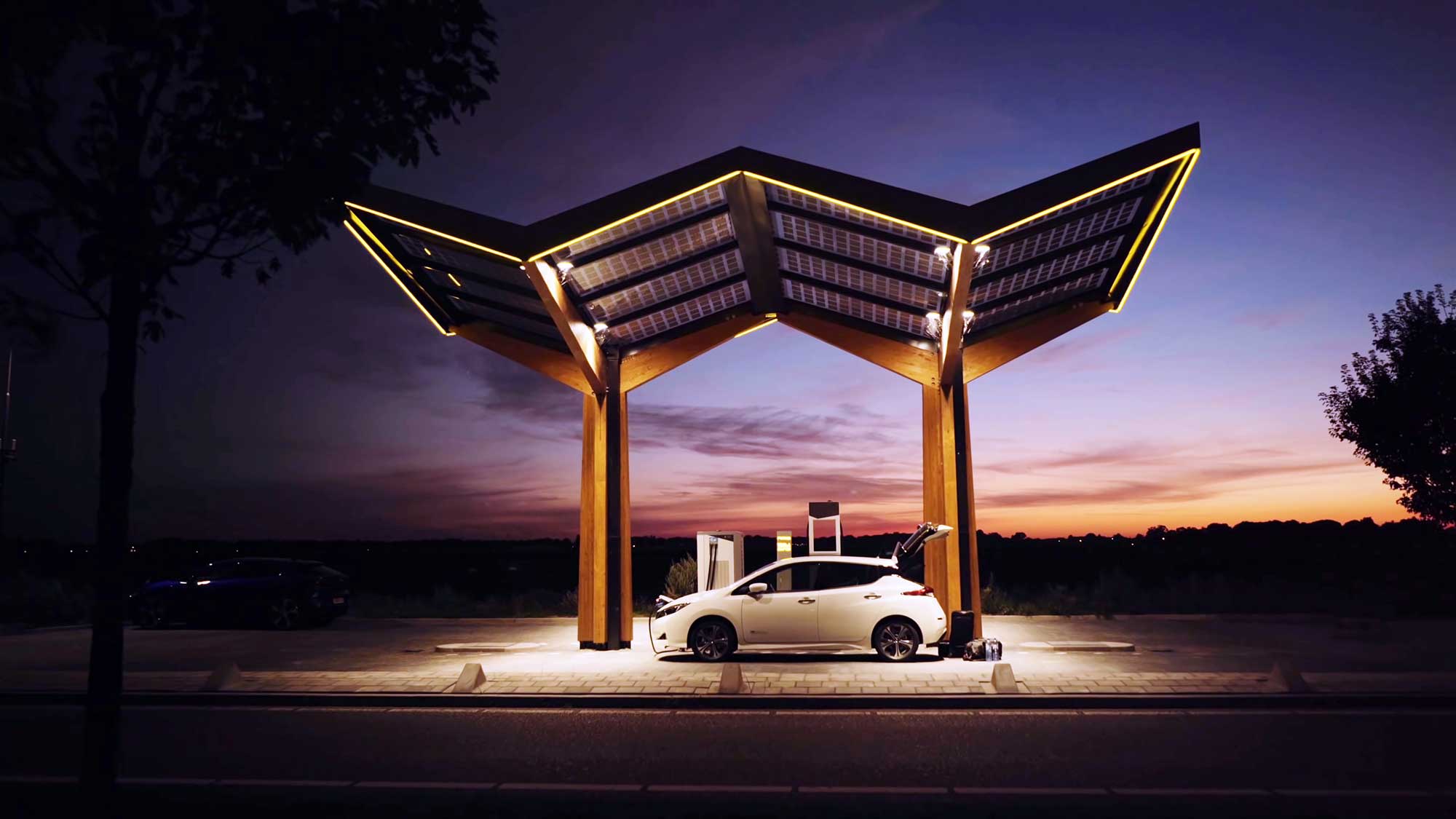“Not everyone in the EU can afford to buy an electric car,” says Ralf Diemer, managing director of the eFuel Alliance. “Moreover, a new dependency is looming. The war in Ukraine shows how Europe ended up in an energy crisis by fixating on Russian gas. By unilaterally opting for electric vehicles we could slide into yet another crisis, this time caused by a lack of raw materials for batteries.”
China has hegemony in this area, according to the International Energy Agency IEA: 87% of the world’s reserves of rare earth metals are in Chinese hands. China also owns 65% of the world’s cobalt, 58% of lithium and 40% of all copper. These are crucial raw materials for mobile electrical systems.
Multiple solutions
According to Diemer, the EU should focus on more than one solution for the mobility of the future. “Reducing emissions without favouring or excluding technologies should be the guiding principle of European climate policy. Renewable fuels should also be taken into account for the CO2 targets for new vehicles in order to offer consumers an affordable and climate-friendly alternative to fossil-fuel cars,” Diemer stressed.
The current EU regulation on CO2 standards for cars and delivery vans focuses only on the exhaust emissions of the vehicle itself, without taking into account the possibility of running the vehicle on CO2-neutral fuels. Neither do the emissions from the production of a vehicle or from the generation of electricity, fount in the current regulations. As a result, an e-car that is charged with electricity from fossil fuels is considered a zero-emission vehicle, while a car that runs entirely on e-fuels is considered a fossil fuel vehicle. The eFuel Alliance hopes the EU Parliament will rectify this issue.
Image: Aranga87/Shutterstock



